Question And Answer
Publications
Articles, publications, books, tools and multimedia features from the U.S. Institute of Peace provide the latest news, analysis, research findings, practitioner guides and reports, all related to the conflict zones and issues that are at the center of the Institute’s work to prevent and reduce violent conflict.
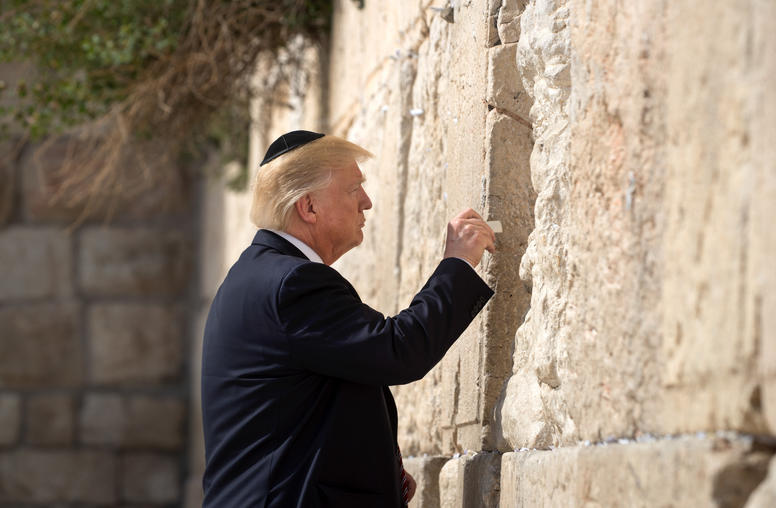
Trump Highlights Religion in Israeli-Palestinian Conflict
With the Israeli-Palestinian conflict a centerpiece of his first official trip abroad, President Donald Trump is staking out some delicate terrain. Unlike his predecessors, Trump has taken the risky step of highlighting the importance of religion to his policy goals with stops in Saudi Arabia, ...
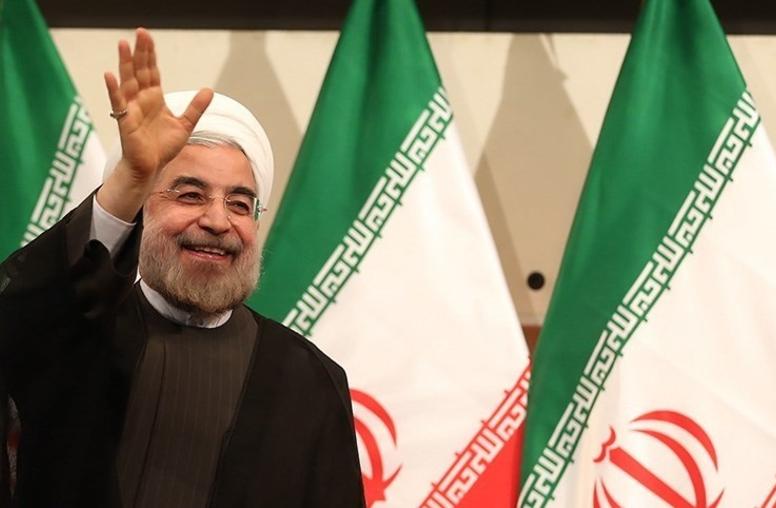
Rouhani’s Win in Iran May Not Ease Path on Promises
Iranian President Hassan Rouhani won a decisive victory for a second four-year term, with more than 41 million of 56.4 million eligible voters casting ballots, and 57 percent granting him their vote. But his platform of loosening political restrictions at home and greater engagement abroad will face challenges domestically and internationally.
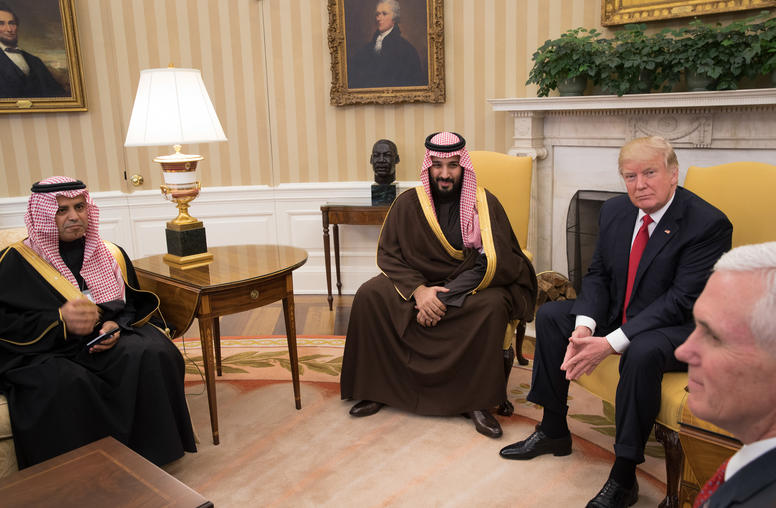
Trump Trip: Time to Dust off the Arab Peace Initiative?
President Trump’s upcoming summit with Saudi Arabia’s King Salman bin Abd Al-Aziz rounds out his meetings with the five most powerful friendly leaders in the region. The first four in Washington with the heads of state from Egypt, Jordan, Turkey and Israel all produced common themes: the campaign against ISIS and terrorism, the challenge of Iran, the turmoil of collapsing states in Syria and Yemen. But in the immediate background is the Israeli-Palestinian peace process which the president has said is a top priority for his administration.
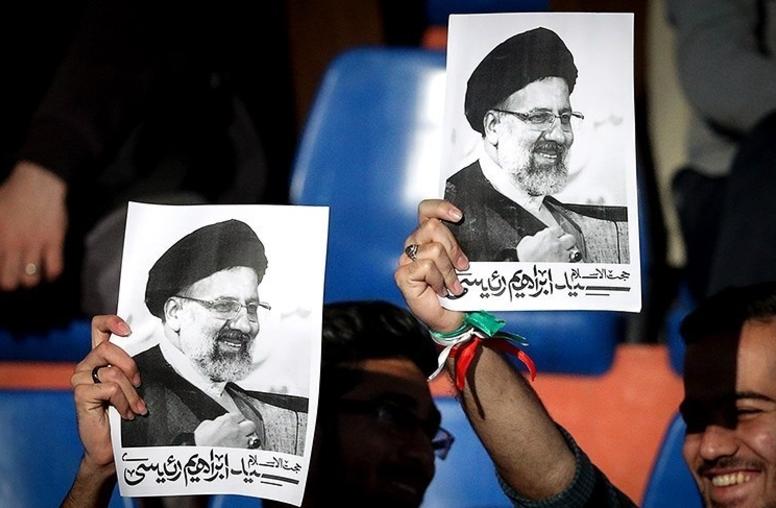
Q&A: Rouhani Faces Serious Test in Iran Election
Iranians head to the polls on May 19 to determine whether President Hassan Rouhani wins another four-year term, or is ousted or forced into a runoff by one of his challengers. The result has ramifications for relations with the U.S., as President Trump suggests a tougher line from Washington, and it will impact Iran’s actions in a Middle East roiled by wars in Syria, Iraq and Yemen. Rouhani has been more open to engaging with the West and improving relations with Iran’s Sunni neighbors in the Persian Gulf than his conservative critics.
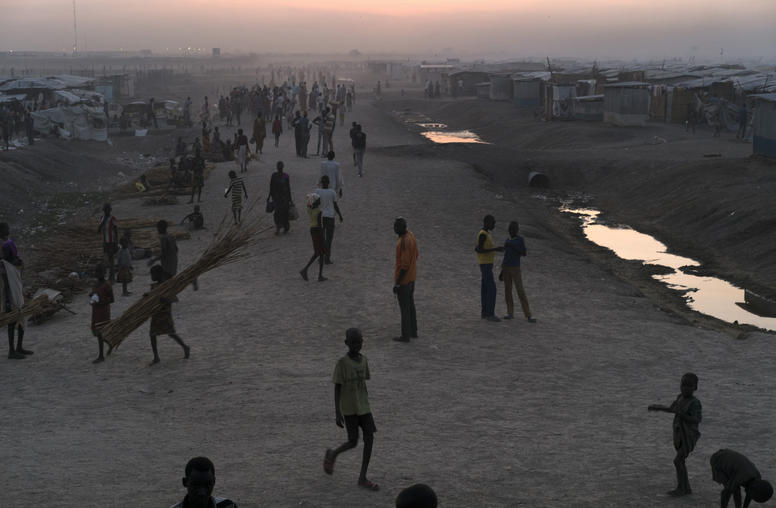
South Sudan Disaster Demands U.S. Attention, Coons Says
U.S. Senator Chris Coons, back from a recent trip to South Sudan, urged the Trump administration to make the conflict and humanitarian crisis in the African nation a priority. He also suggested that a special envoy might spur a peace process among the country’s warring factions.
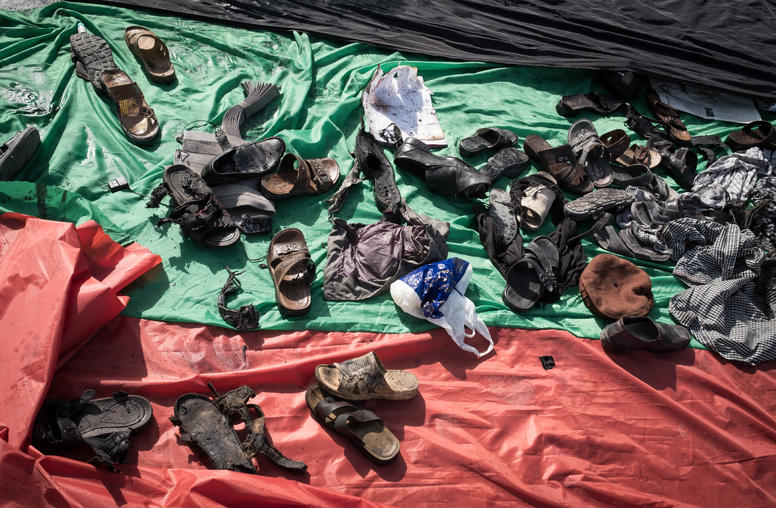
South Asia: Rising Extremism Opens Way for ISIS
Across South Asia, complex strains of extremism are opening the way for the Islamic State and destabilizing governments. From elements in the Afghan Taliban to the ascent of Hindu nationalism in India, extremists are drawing the region deeper into volatile internal and external conflicts, according to experts on religion and extremism speaking recently at the U.S. Institute of Peace. There are no quick ways to reverse the trend, they said. But steps that could slow radicalization include bolstering free speech, attacking terrorists’ financial networks and undermining the myth that a long-ago caliphate ruled over a perfect society.
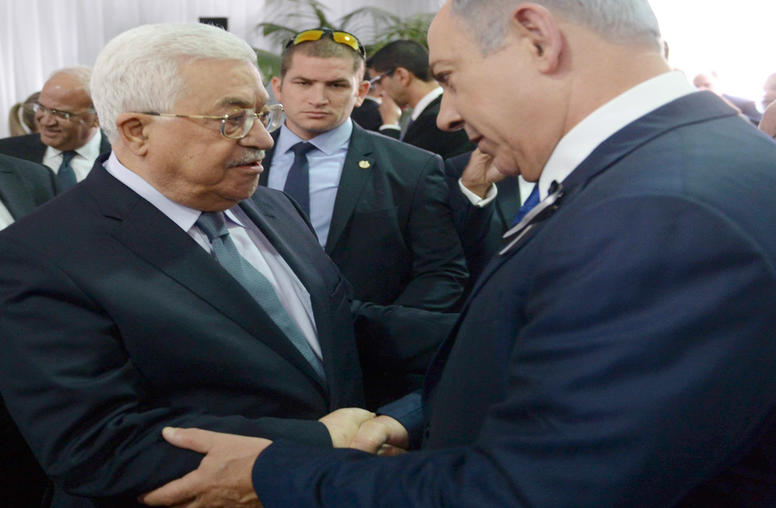
As Abbas Meets Trump, This Time Might Be Different
When President Donald Trump hosts Palestinian President Mahmoud Abbas on May 3, their discussion is bound to pivot on how to get the Palestinians and Israelis back to the negotiating table in a format that will have a better-than-even chance of success. In a March telephone conversation between the two, the new U.S. leader “emphasized his personal belief that peace is possible and that the time has come to make a deal,” according to the White House.
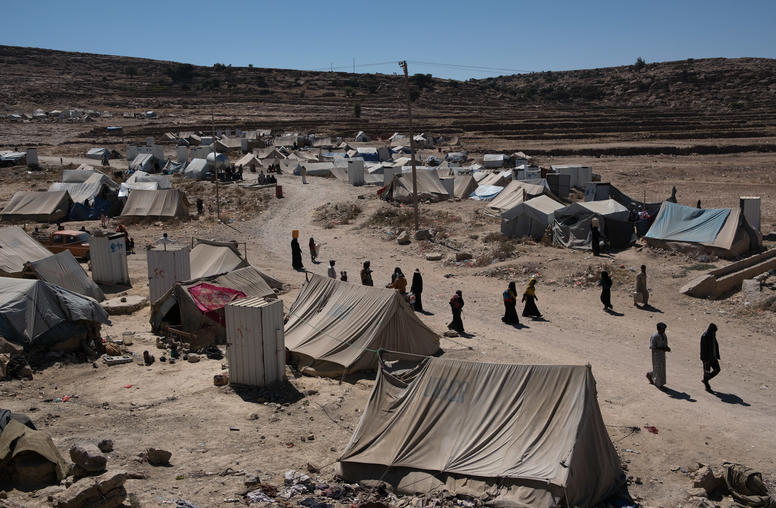
Beneath the Saudi-Iran Proxy War in Yemen, Part 2
The strategic clash between Saudi Arabia and Iran in Yemen masks multiple layers of conflict underneath that have deepened—and in some ways altered—the country’s fractures in local politics, society and security. The chaos has devastated Yemen, one of the world’s poorest countries, and has the potential to burst beyond the nation’s borders and further destabilize an already troubled region. It also allows the likes of the Islamic State (ISIS) and Al-Qaeda in the Arabian Peninsula (AQAP) to thrive.
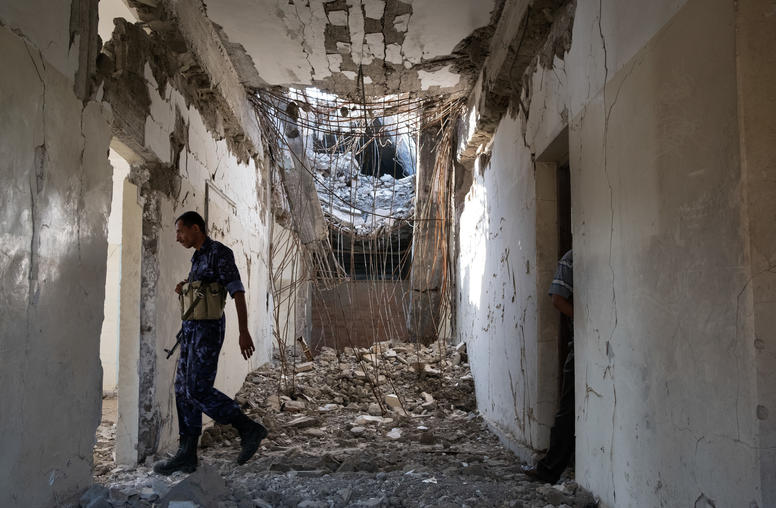
Beneath the Saudi-Iran Proxy War in Yemen, Part 1
Looking at the maneuvers by Iran and the Saudi-led coalition in Yemen from afar, the battlefield looks a lot like a black-and-white contest for regional power. But as the U.S. considers escalating its role in the conflict—and Secretary of Defense Jim Mattis visits Riyadh this week—it is essential to understand how local realities can get lost in a proxy war.
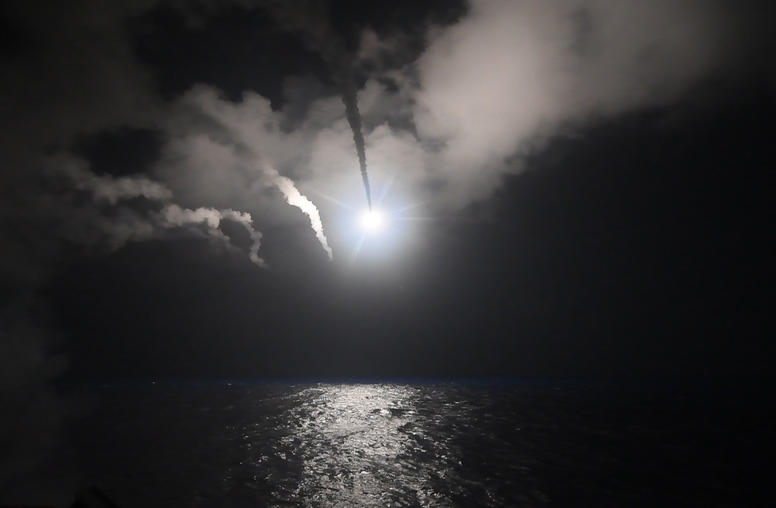
Q&A: Will U.S. Strikes on Syria Change Conflict’s Course?
The United States launched its first air strikes against forces backing Syrian President Bashar al-Assad since the country’s civil war began six years ago, in retaliation for a chemical-weapons attack that killed more than 80 civilian men, women and children. Elie Abouaoun, who is director of Middle East and North Africa programs at the U.S. Institute of Peace and is based in the region, examines the strategic implications, and USIP President Nancy Lindborg, who has worked for nearly 30 years on humanitarian crises and areas affected by conflict, comments on the factors that prompted the U.S. attack.